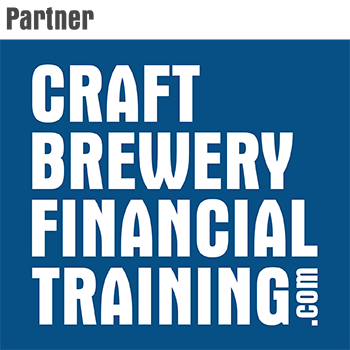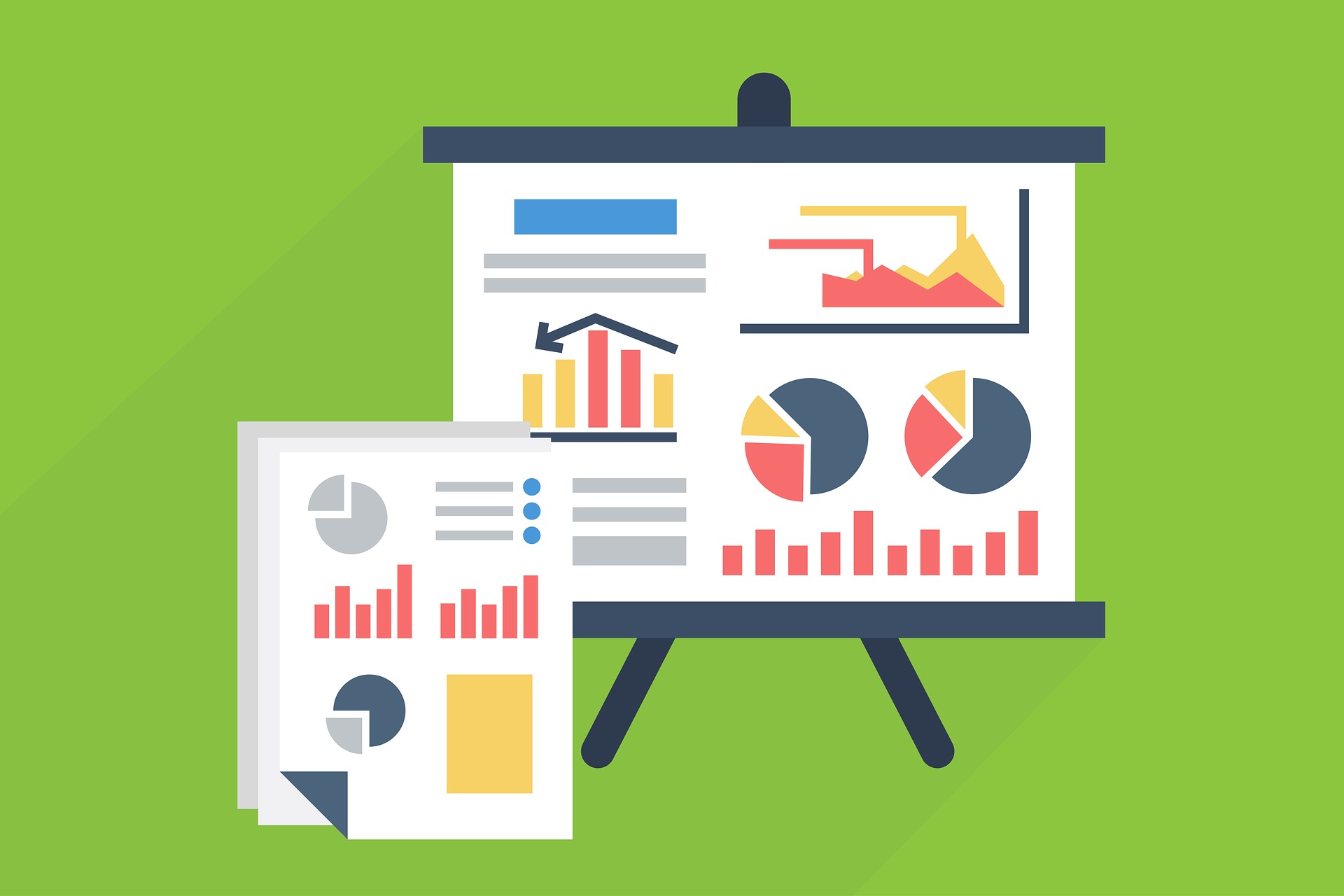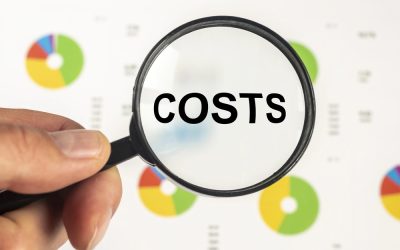 “Numbers have life; they’re not just symbols on paper.” -Shakuntala Devi
“Numbers have life; they’re not just symbols on paper.” -Shakuntala Devi
Financial literacy is the power to read and understand your financial statements. And it can transform your business.
This power gives you x-ray vision into business operations so that you can make adjustments and improvements to increase profitability.
In this article, I’ll give you an introduction to the three financial statements, show you what items are found on each, and provide you with ONE BENEFIT of reading each statement on a regular basis.
At the end of this article I provide you with a challenge. Should you accept, I guarantee you will get immediate positive results in your business.
The missing ingredient in most teaching about financial statements is the WHY. The why is the meaning, the purpose, the reason to read and understand your financials.
The ONE BENEFIT of each statement presented below will show you WHY.
The What: Financial Statement Basics
There are three main reports that make up your financial statements – the income statement, balance sheet and statement of cash flows. These are the Three Wise Men. You’ve heard of all these, and maybe even read them over on a monthly basis.
- Income statement. Also known as the P&L (Profit and Loss statement). It tracks company revenue, gross profit, and expenses. To remember what items are found on the P&L, use the acronym REX: Revenue and Expense. The P&L shows us the mighty bottom line – whether we had a profit or a loss. Everybody loves the P&L, it’s like the popular kid in high school.
- Balance sheet. The balance sheet records assets, liabilities and equity. Assets are things the company owns, liabilities are what the company owes, and equity is the difference between the two. To remember what items are on the balance sheet think ALE: Assets, Liabilities and Equity.
- Cash flow statement. This is the financial statement with the best name. Everyone loves cash flow. Think of the cash flow statement like your checkbook – it shows money in and money out. While the income statement measures transactions, the cash flow statement measures the inflow and outflow of cash. Profit and cash flow are two very different things.
There you have a quick overview of WHAT is on the financial statements. Now let’s dig into the WHY of the financials – why you should read them and ONE BENEFIT that each of the financial statements can give you.
The WHY: One Benefit of Each Financial Statement
The P&L: See the Results of Operations. The primary purpose of the income statement is to tell us whether we had a profit or a loss. Pretty simple.
The P&L shows you the results of the company operations for a period of time – usually for the current month, and for the year to date. One benefit of reading the P&L is to find out the bottom line – but you knew that already.
The Balance Sheet: Assess Company Net worth. The primary purpose of the balance sheet is to keep track of assets, liabilities and equity of the company. However, the balance sheet tells us much more than ‘nuts and bolts’ information.
The balance sheet shows us the health of the company in the form of Net Worth. Net Worth is the Equity, the difference between Assets and Liabilities. The higher the equity, the better the health of the company.
One benefit of reading the balance sheet is assess the strength of your company, and Net Worth provides the answer.
Cash Flow Statement: Understand the Net Change in Cash. What could be more important than knowing whether cash increased or decreased during the month, or year to date?
One benefit of reading the Cash flow statement is to check your cash position, and understand where the cash came from and where it went. Once you know, you can work on increasing the cash in and decreasing cash out. That’s the kind of math we all like.
A first step to financial literacy is learning the basic components of the financial statements. You may only read the income statement, but the balance sheet and cash flow statement provide vital information about your business.
Don’t deny yourself the delicious information that all three financial statements have to offer, be sure to read them all. Learn from the Three Wise Men and read all three financial statements.
Take the Beer Distributor Finance Challenge
Now that you have the WHAT and the WHY of the financial statements, it’s time to put this knowledge into action in your beer business.
- Get a current copy of your income statement, balance sheet and cash flow statement.
- Look over each statement and see if you can identify the items listed on each – income, expense, assets, liabilities, etc.
- Apply the ONE BENEFIT test above to each of your financial statements. What is the profit for the year? The cash flow? What is the equity in your business?
The Challenge will help start you on a path towards financial literacy – the ability to read and understand your financial statements so that you can improve results in your beer business.





